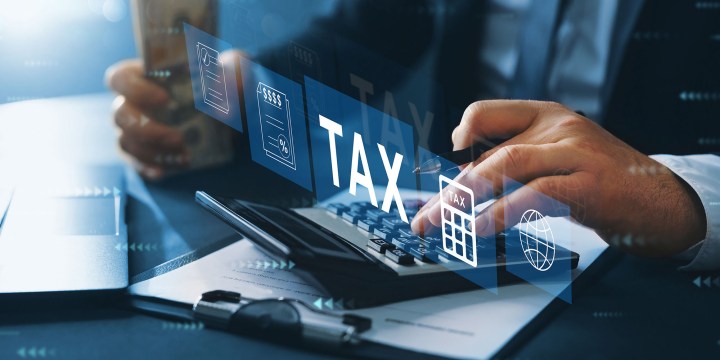PERSONAL FINANCE
Five smart ways to reduce your tax liabilities

In life there are always going to be things that you don’t want to do, but you have to do, and paying tax is possibly number one in that category — but there are strategies to minimise the amount you owe.
While dodging your taxes is illegal, there are clever ways for you to reduce the tax you have to pay. Below are five strategies:
1. The tax rebate on retirement savings
The government wants you to save more towards retirement, which is why you have a tax rebate on your savings towards retirement. For example, if you earn R500,000 in the year and you have contributed R50,000 towards your retirement savings, you are only taxed on R450,000. There is a cap of 27.5% of your taxable income or R350,000 per year.
Louis van Manen, the tax director at BDO, says it’s tax-free in the sense that it’s pre-tax money and you qualify for a tax deduction of that contribution. “If you are making the contribution through your employer, then your employer would have made the deduction for you, so you would be getting the tax benefit immediately every time you make that contribution,” he says.
If you are saving towards your retirement independently of your employer, then you would submit it as a deduction when you submit your tax return and qualify for a refund from SARS at the end of the tax year.
2. Tax-free savings accounts (TFSAs)
The biggest drawing card of a TFSA is that all proceeds including interest income, capital gains and dividends are tax-free and any withdrawals you make are also not taxed. You can contribute a maximum of R36,000 a year or R500,000 in your lifetime tax-free.
Paul Hutchinson, sales manager at Ninety One, says a person who invested the annual contribution limit from the time TFSAs were introduced in 2015 would have invested R257,000 by the end of February 2023. “The largest TFSA account value on the Ninety One Investment Platform (Ninety One IP) was approximately R624,000 — that’s tax-free growth of R367,000, almost two and a half times the total amount invested,” he says.
Remember that the tax benefits on a TFSA are on a “use it or lose it” basis. You don’t carry the limit over from one year to the next and if you withdraw some or all of your savings, your tax-free allowance for that year and as part of your annual limit is lost.
3. Investments in a collective investment scheme (CIS) or real estate investment trust (Reit) are exempt from capital gains tax
If you invest in shares via a CIS such as a unit trust fund or a Reit, there is no CGT consequence every time an underlying asset is sold by the CIS or Reit. Van Manen says you will be liable for CGT when you finally dispose of the CIS or Reit investment, but by then you will have the benefit of compound growth on an investment without having paid CGT for any switches. This is an alternative to investing directly in different shares.
4. Property investment allowance
If you own five or more new and unused residential properties in South Africa, you qualify for an annual 5% allowance on the cost of those properties. Van Manen says while not everyone can afford an investment of five new residential properties, five individual investors could collaborate to house five qualifying properties in a single company which then qualifies for the allowance.
“Investors also tend to overlook the fact that properties used in a trade, especially smaller rental trades, often contain many separately identifiable unaffixed assets. Such assets could qualify for tax allowances in their own right. Allowances on assets of such a nature are generally permitted over relatively short periods of time,” he adds. These assets could include carpets, tiles, air conditioners, networking cables, security equipment, fire extinguishers, generators or anything that can physically be removed from the property, or that would be replaced before the end of the building’s lifespan.
5. Sole proprietor vs a business
If you’re running a business as an individual in your own name you may be paying more tax than necessary. Van Manen points out that the top marginal income tax rate for individuals is 45%, while the collective income tax and dividends tax rate for a company and its shareholders is 41.6%. So, if your side hustle has shifted you into the top tax category, it may be time to think about registering a business rather than continuing to operate as a sole proprietor. DM

















Before rushing off to register a company to lower your tax, look at the extensive compliance obligations that a company will bring to you and the expenses those incur. Be sure it is a good option for you.